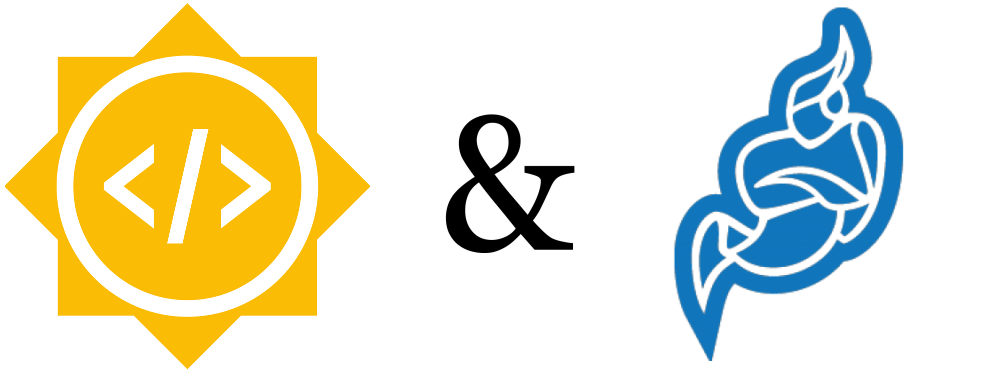GSoC 2017: Wrap up
27 Aug 2017 | Jitsi GSoC WebRTC
My project in this year’s Google Summer of Code was to implement Micro Mode for Jitsi Meet Electron project, and to work on the foundation for Jitsi Meet Spot project which was newly launched by Jitsi recently.
GSoC Blog Posts: https://han-gyeol.github.io/categories/#gsoc
Two repositories I contributed during this year’s GSoC:
Jitsi Meet Electron
Jitsi Meet Spot
Things I have learned from the project
- WebRTC P2P Connection
- Node.js
- Object-oriented ES6
- Electron
- React
Challenges faced
- Creating the Micro Mode’s remote video component faced immense amount of troubles due to the limitations of Electron’s inter-windows communication. In the end I used WEBRTC’s RTCPeerConnection feature, which also has its own set of limitations.
- Some of the features available in the latest version of Chromium were not available in Electron becasue the version of Chromium embeded in Electron was not the latest release. For example, I was not able to use MediaElement.captureStream() feature in the Electron BrowserWindow.
- WebRTC technology is still under development and many of its features were not supported by the browsers. For example, I had no choice but to use deprecated methods like RTCPeerConnection.addStream() instead of RTCPeerConnection.addTrack() because addTrea() was not supported in Chrome yet.
- The performance of the Micro Mode was not optimal as it takes up substantial amount of resources when in use, causing occasional lags when it is run together with the main Jitsi Meet Electron process. This was alleviated by firing up the Micro Mode lazily instead of on start.
- In my implementation of Micro Mode’s toolbar, there were unnecessarily complicated layers of interfaces & abstractions I failed to resolve. These could be solved by allocating more tasks to the render process of Electron, instead of the main process. However, this is against Electron design principle which is to keep the render process as simple as possible and make it only responsible for user interface.
Conclusion
Google Summer of Code was my first experience of professional coding, and it certainly opened my eyes in contributing to an open source project. I have learend that frequent communication with the mentors and knowing my limits are essential to succeed in teamed programming. It was such a shame that I wasted too much time figuring out solutions for the problems that is beyond my capabilities, ended up spending less time on writing actual codes. At the end of the day, it was good to know that the amount of time I spend on the project does not necessarily reflects the amount of works I have done after the project is ended. Next time, I would definitely ask other people’s opinions more and clarify the development direction, before I start working on the actual code writing. Lots of appreciation to Saúl and Hristo for guiding me through the project, and Google for giving me such a precious opportunity.